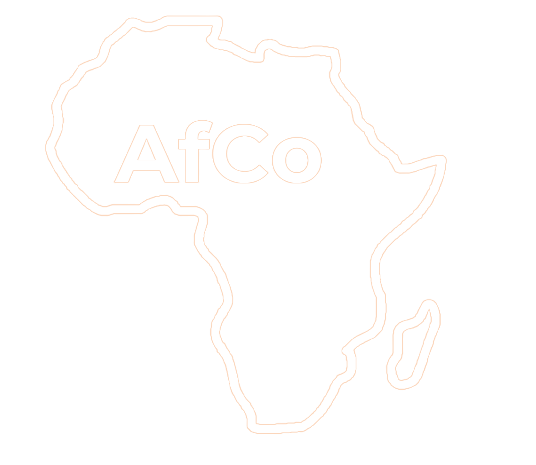Corruption in Africa: Is it increasing?
In the past, corruption had a relatively narrow definition. However, over the past two decades the definition has broadened considerably, encompassing fundamental principles of justice such as human rights. At the same time, at a time when there is a greater awareness of international crime, regional and international agreements and conventions are becoming more determinant in the definition of corruption. The fight against corruption is today a reform policy in its own right and has become inseparable from good governance. Corruption is no longer seen as simple misappropriation, but is now considered a major impediment to growth and to receiving new external financing. The acknowledgement of the broader effects of corruption and a diagnosis of widespread corruption in African governments are recent signs that the organization and management of African states are being questioned. Transparency, beginning with "glasnost" in the former Soviet Union, is increasingly viewed as a corollary of democracy and a quality test of public management, while giving legitimacy to organizations such as Transparency International. This non-governmental organization was founded in 1993 with the mandate of "Curbing corruption by strengthening the influence of civil society and helping build civil society-led anti-corruption coalitions including members of the business community, the public sector and academia." This paper shows how corruption-related studies and surveys are often at variance with the practices of this global anti-corruption organization. Nevertheless, these studies remain essential benchmarks in the fight against corruption.
